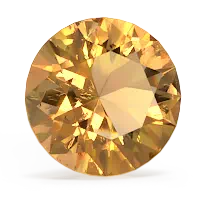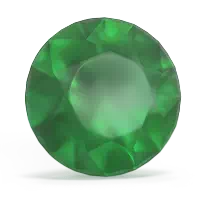


The gem in a citrine pendant is considered a harmonious, optimistic, and cheerful stone with the ability to brighten up our hearts darkest places Opal symbolizes confidence, clarity, and calmness and is said to promote faith in oneself and hope for the future. Wear an opal pendant to capture these qualities. Emerald is associated with Venus, the Greek goddess of love and beauty. They say an emerald pendant can protect lovers from unfaithfulness.